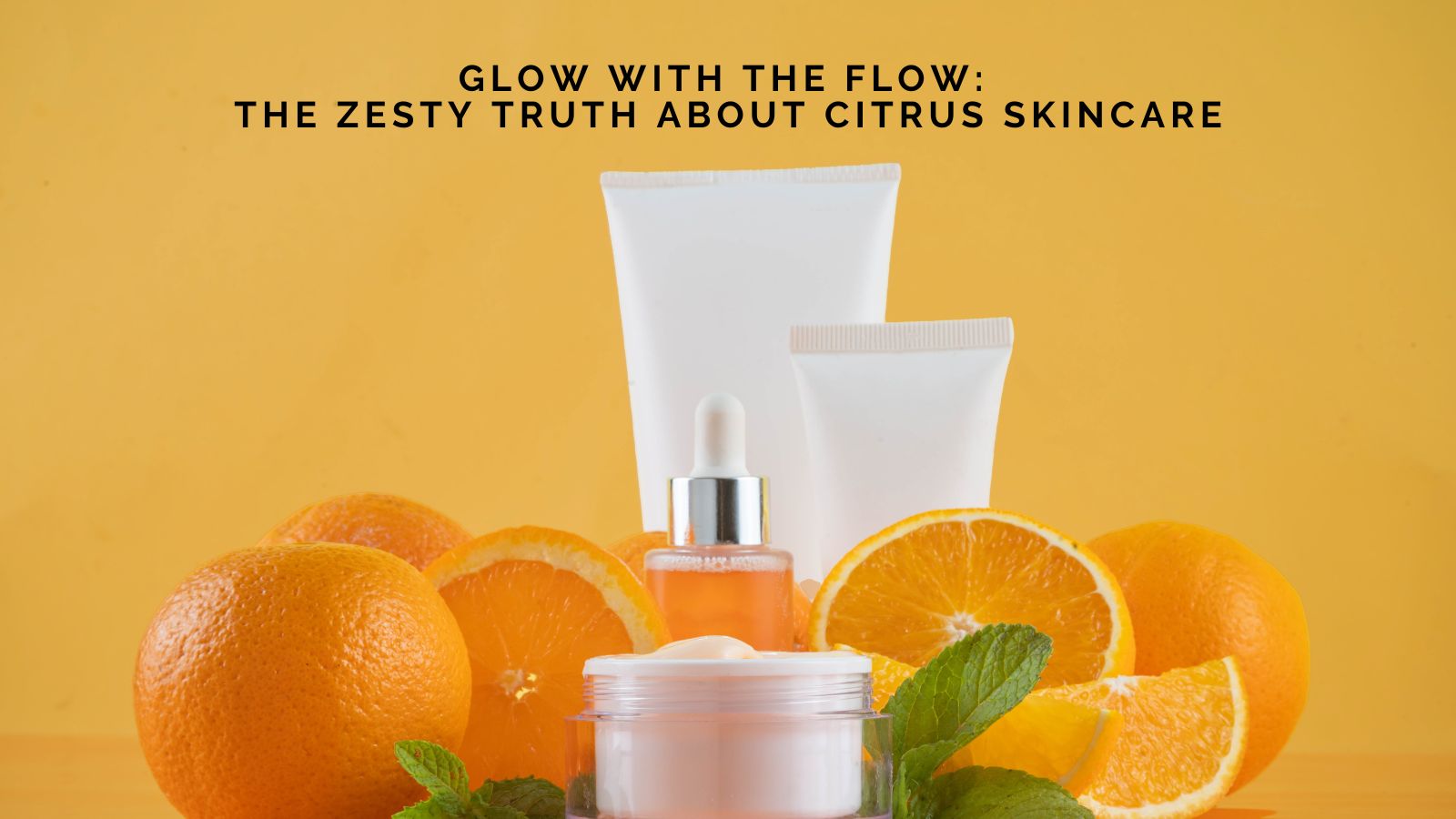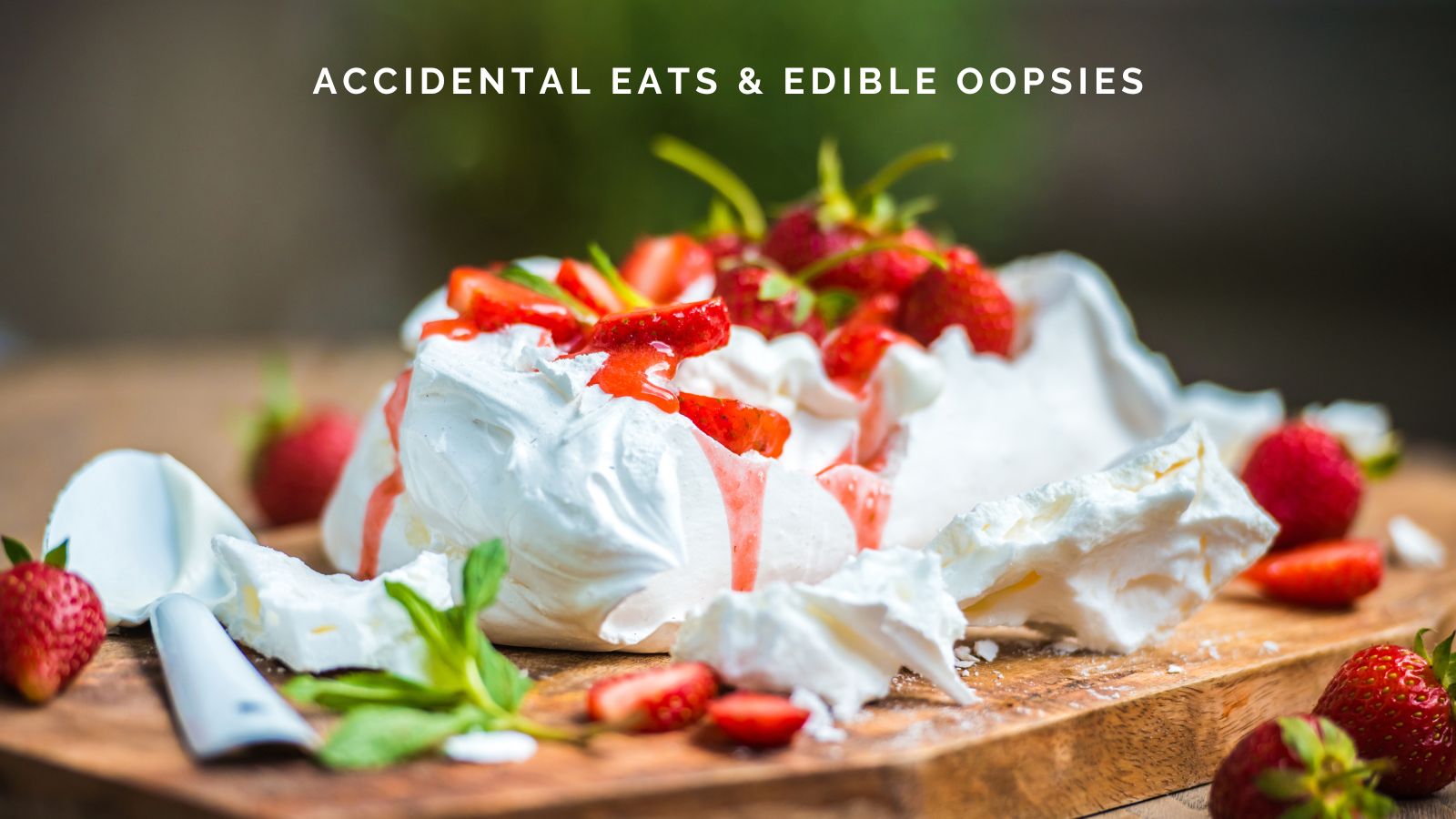
If there’s one thing that instantly wakes up the senses (and your skin), it’s citrus. Think about it—just one whiff of lemon or orange and you feel a little more alive, don’t you? It’s no surprise then that citrus fruits have made their way from our breakfast bowls into our beauty cabinets. But before you start rubbing an orange slice on your cheeks (please don’t), let’s have a proper chat about what citrus skincare really is, why it’s so good for your skin, and where a little caution is key.
The Citrus Family: More Than Just Lemons
Citrus fruits are packed with vitamins, antioxidants and natural acids, which make them beauty darlings. Here’s a look at some of the most commonly used citrus fruits in skincare:
Lemon – Known for its brightening and exfoliating properties, lemon is rich in Vitamin C and citric acid.
Orange – A gentle all-rounder with antioxidants and a softer scent; often found in cleansers and toners.
Grapefruit – Detoxifying and clarifying, grapefruit is a favourite for oily or acne-prone skin.
Lime – Similar to lemon, but a little more astringent; often used in toners or purifying masks.
Bergamot – The posh cousin in the citrus family, known for its fragrance and antibacterial properties.
Yuzu – A trendy Asian citrus with a unique fragrance and high Vitamin C content; increasingly popular in high-end serums and creams.
Mandarin/Tangerine – Gentler citrus varieties used for smoothing and revitalising dull skin.
Citrus in Skincare: Where You'll Find It
Citrus isn’t just squeezed into products for its lovely scent (though that’s a bonus!). It offers a wealth of skincare benefits and appears in various types of formulations:
Cleansers. Citrus-infused cleansers help lift dirt, oil, and pollutants while giving your skin a refreshing zing. Lemon or orange-based cleansers are great for dull or tired skin, leaving you looking instantly brighter.
Toners. Lime and grapefruit often pop up in toners for oily or blemish-prone skin. They help to balance sebum levels and tighten pores. If you’re battling breakouts, this could be your skin’s best mate.
Exfoliants. Natural fruit acids (AHAs) from citrus are commonly used in chemical exfoliants. These slough off dead skin cells without the need for physical scrubbing—hello, glow!
Serums. Vitamin C serums often harness citrus derivatives for their antioxidant magic. They help even out skin tone, fight pigmentation, and protect against environmental stressors.
Moisturisers. Some citrus-based moisturisers include citrus oils or extracts to promote collagen production and enhance radiance. They’re especially nice for daytime use under SPF.
Masks. Citrus masks can purify, brighten, and tone all in one go. Look out for ingredients like grapefruit extract or yuzu in detox or glow-boosting masks.
Why Citrus is a Skin Hero
Here’s what makes citrus a superstar in skincare:
Vitamin C Boost – This powerhouse vitamin brightens skin, fades dark spots, and supports collagen production.
Antioxidant Power – Citrus is full of antioxidants that neutralise free radicals, slowing down signs of ageing.
Natural Exfoliation – The citric acid in these fruits gently dissolves dead skin cells for a smoother texture.
Astringent Properties – Citrus can help control oil and minimise the appearance of pores.
Mood-Lifting Scent – Citrus fragrances have aromatherapeutic benefits—uplifting, energising, and refreshing.
A Word of Caution: Handle with Care
Now, before you go bathing in lemon juice (please, again—don’t!), here are a few things to keep in mind:
Photosensitivity. Citrus oils, especially lemon, lime, and bergamot, can make your skin more sensitive to sunlight. If you’re using citrus-based products, **always apply SPF** during the day.
Irritation Risk. Because citrus is acidic, it can irritate sensitive or broken skin. If you have rosacea, eczema, or super-sensitive skin, patch test first and avoid highly concentrated citrus products.
Essential Oil Overload. Citrus essential oils can be potent. In high concentrations, they may cause contact dermatitis or dryness. Always check the ingredients list and choose products with balanced formulations.
Natural ≠ Always Safe. Just because it's natural doesn’t mean it’s safe to DIY. Rubbing raw lemon or lime on your skin can disrupt your pH balance and cause burns—especially if exposed to sunlight.
How to Introduce Citrus Into Your Routine
Start slowly—maybe with a toner or serum. Use citrus skincare products in the evening if you’re worried about photosensitivity.
Pair with hydrating ingredients like hyaluronic acid or glycerin to balance any drying effects. Watch how your skin reacts, and adjust accordingly. Citrus is fab, but every skin type is different.
Citrus skincare is a vibrant, effective, and sensorial way to boost your routine. Whether you’re chasing that dewy glow, looking to even out your complexion, or just need a little zing in your daily ritual, citrus-infused products can be a refreshing addition. Just remember: it’s all about balance. Use it wisely, protect your skin with SPF, and you’ll be basking in that natural glow in no time.
Now go on—give your skin a splash of citrus love!
.jpg)







.jpg)







.jpg)





